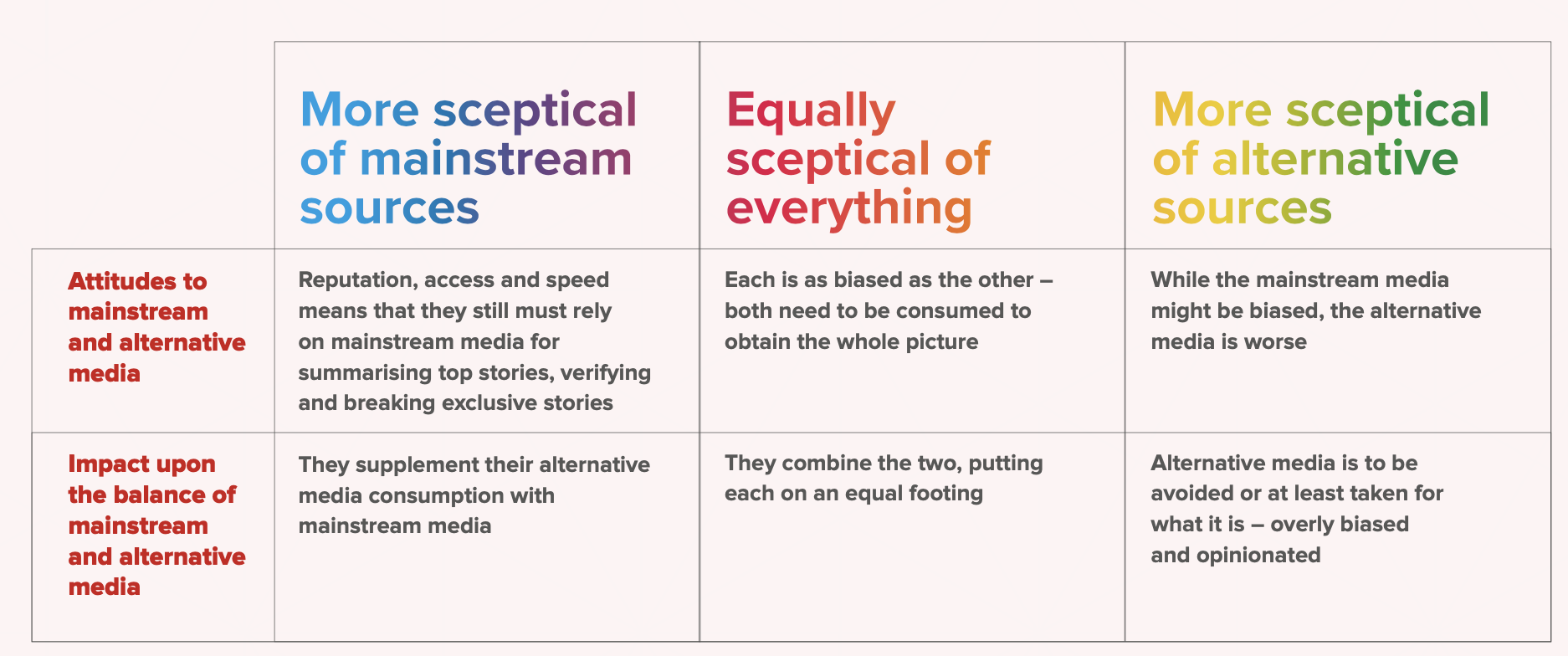This summer, CNN’s new CEO, Chris Licht, wrote in a note to employees: “We are truth-tellers, focused on informing, not alarming our viewers.” Since he came on board in May, Licht has spoken about the importance of “objectivity” at the network. In August, he ended “Reliable Sources with Brian Stelter,” laying off Stelter and his production staff. Stelter was the “closest thing to a CNN ombudsman there was,” S. Mitra Kalita tweeted.
Licht acknowledged to CNN staffers that some of them might find Stelter’s firing “unsettling” and told them, “There will be more changes and you might not understand it or like it all.” On Friday, another change rolled out: CNN is revamping its morning show, in what Licht called a “mass appeal play.”
Can this work? Justin Peters in Slate last month:
For decades, CNN stood for objective, down-the-middle news reporting in the mind of the American media consumer. The network’s pioneering coverage of the Gulf War lent it a certain stature, and it quickly grew a reputation for neutral, credible reporting, becoming uniquely authoritative in the American media sphere. With Reliable Sources, the network aimed to leverage its reportorial credibility into honest, authoritative criticism and analysis of the rest of the media. If you trusted the network’s reporting on the nation and the world, then why wouldn’t you trust its reporting on the media?
The flaw here is that over the past several years, more and more people have come to distrust CNN’s reporting and analysis — a phenomenon that is at least partially attributable to the continuous attacks Donald Trump and his allies have launched at the network in order to blunt the impact of its reporting on and analysis of his incompetent, dishonest presidency.
A new report from the Reuters Institute for the Study of Journalism on how 18- to 30-year-olds engage with news refers to the paradox that CNN and other mainstream media outlets face now:
The report builds on research published by Reuters earlier this year. Its authors spoke with 72 people ages 18-30 in the U.S., U.K., and Brazil. (In each country, a third of the people were ages 18 to 21, a third ages 22 to 24, and a third ages 25 to 30.) Some of their responses highlight the uphill battle that CNN may face as it shifts.A suspicious, skeptical approach to information [means] news brands are judged by, but not inherently valued for, their impartiality — except in times of crisis, when their professionalism, reach, and resources come into their own…
Mainstream media therefore finds itself in a paradoxical position. It is judged more harshly than other types of news media, because it is held to a higher (impossible?) standard. It is expected to be impartial, objective, and cold-blooded by a group of people who seriously question whether that can ever be truly achieved and who don’t always value the tonal execution of impartial, objective, cold-blooded news.
“A lot of the time, mainstream news can be very biased or politically-motivated. This makes it hard to decipher its credibility,” one 28-year-old in the U.S. said. “In turn, I oftentimes have to spend additional time seeking out information and facts.”
That attitude is common. “One of the great commonalities in this study is that almost all young people believe that all information is put in the public realm for a reason, and is not to be trusted or taken at face value,” the authors write, adding, “They are highly skeptical of most information, to greater or lesser degrees — they don’t necessarily judge a source’s value by its impartiality.” They identify three types of skepticism:

You can read the full report here.
Leave a comment